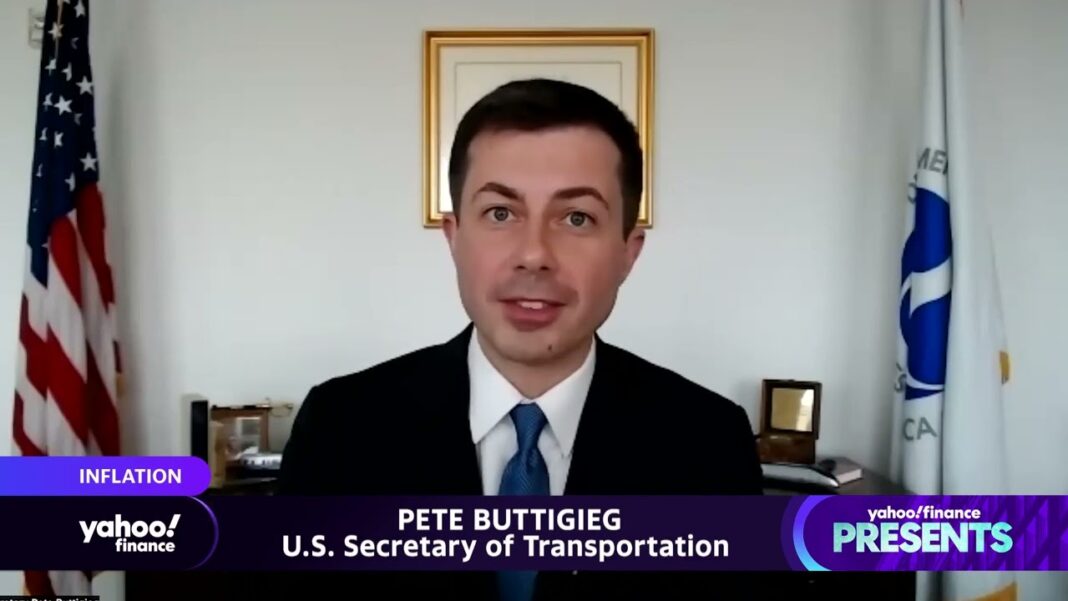
Fed officials project six more rate increases this year
For the first time since 2018, the Federal Reserve raised its benchmark interest rate by 25 basis points, increasing the target range for the rate to 0.25–0.5 percent.
The Fed completed its two-day Federal Open Market Committee (FOMC) policy meeting on March 16, described by analysts as an important turning point for monetary policy.
Fed officials project six more rate increases for this year. The dot-plot, the main interest rate outlook by governors, shows a median short-term rate of 1.9 percent by the end of the year. It also estimates a median short-term rate of 2.8 percent in 2023 and 2024.
That’s a significant shift in policy outlook since December, when Fed officials were projecting only three quarter-point increases this year and three more in 2023.
The Fed’s inflation projections also increased materially for this year. Officials anticipate that the personal consumption expenditure (PCE) price index, which is the central bank’s favorite inflation gauge, will hit 4.3 percent in 2022, compared to the 2.6 percent forecast in December.
Fed officials also lowered their growth projection for 2022 to 2.8 percent from 4.0 percent. The unemployment rate is predicted to fall to 3.5 percent by the end of 2022.
The central bank also warned that Russia’s invasion of Ukraine will apply upward pressure on inflation and weigh on gross domestic product (GDP).
“Indicators of economic activity and employment have continued to strengthen. Job gains have been strong in recent months, and the unemployment rate has declined substantially. Inflation remains elevated, reflecting supply and demand imbalances related to the pandemic, higher energy prices, and broader price pressures,” the FOMC said in a statement.
“The invasion of Ukraine by Russia is causing tremendous human and economic hardship. The implications for the U.S. economy are highly uncertain, but in the near term the invasion and related events are likely to create additional upward pressure on inflation and weigh on economic activity.”
By Andrew Moran and Emel Akan







